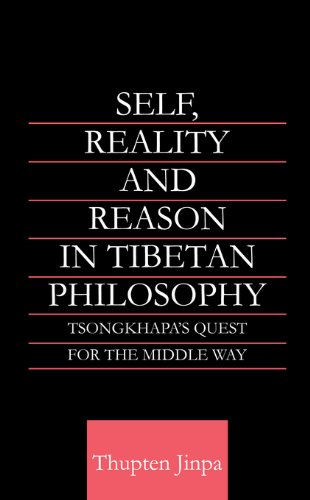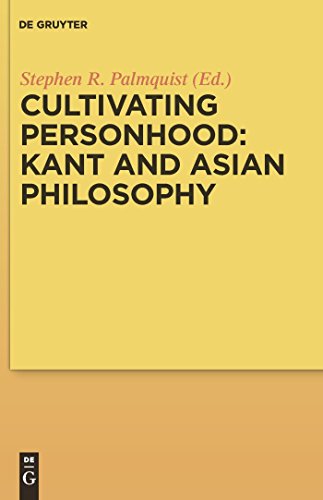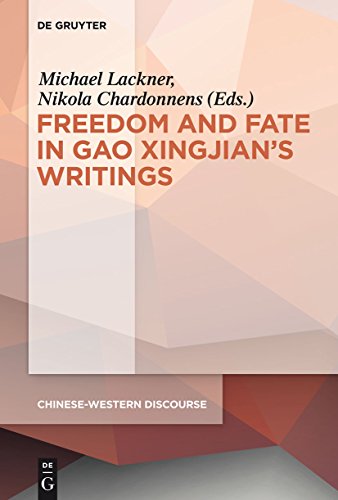
By Christopher Wilkinson
The Tantra at the Six areas of the All strong takes us to a global the place verbal exchange is either verbal and telepathic, recording the communications among the All stable One and a meeting of Bodhisattvas. The Tantra is split into six chapters, one for every of the six sessions of dwelling beings: the gods, the asuras, the people, the animals, the hungry ghosts, and the hells, whereas the content material of the chapters themselves corresponds to 6 areas of knowledge or truth. The Tantra demonstrates a natural imaginative and prescient of the geographical regions of lifestyles, exhibiting them to be primarily good.
I have incorporated photographs of the Tibetan manuscript on your comfort and to assist look after this historic literature.
Read or Download The Six Spaces of the All Good: An Upadesha Tantra of the Great Perfection PDF
Similar religious & spiritual eastern philosophy books
The Bioethics of Regenerative Medicine: 102 (Philosophy and Medicine)
Regenerative medication is wealthy with promethean can provide. using human embryonic stem cells in study is justified by way of its advocates when it comes to can provide to therapy a variety of ailments and disabilities, from Alzheimer’s and Parkinsonism to the result of middle assaults and spinal wire accidents. extra commonly, there's the promethean attract of having the ability to revamp human organic nature by way of the objectives and issues of people.
The paintings explores the old and highbrow context of Tsongkhapa's philosophy and addresses the serious concerns concerning questions of improvement and originality in Tsongkhapa's concept. It additionally bargains largely with one in every of Tsongkhapa's fundamental matters, specifically his makes an attempt to illustrate that the center method philosophy's deconstructive research doesn't negate the truth of the typical international.
Cultivating Personhood: Kant and Asian Philosophy
Authors from world wide unite with a purpose to domesticate discussion among Asian and Western philosophy. The papers forge a brand new, East-West comparative course ordinarily diversity of concerns in Kant reports. the idea that of personhood, the most important for either traditions, serves as a springboard to handle concerns equivalent to wisdom acquisition and schooling, ethics and self-identity, religious/political group construction, and cross-cultural knowing.
Polyphony Embodied - Freedom and Fate in Gao Xingjian’s Writings (Chinese-Western Discourse)
Like artists, very important writers defy unequivocal interpretations. Gao Xingjian, winner of the Nobel Prize in literature, is a sophisticated author, deeply rooted within the chinese language prior whereas stimulated by way of paragons of Western modernity. the current quantity brings jointly for the 1st time a set of essays at the issues of freedom and destiny within the inventive works of Gao Xingjian.
- Über die Möglichkeit der Erkenntnis durch die religiöse Erfahrung in "Was ist Religion?" von Keiji Nishitani (German Edition)
- Confucianism, Buddhism, Daoism, Christianity and Chinese Culture (China Academic Library)
- The Book of Unknowing: From Enlightenment to Embodiment
- Studies in Buddhist Philosophy
- Samurai Weapons: Tools of the Warrior
- Psycho-Social Analysis of the Indian Mindset
Extra resources for The Six Spaces of the All Good: An Upadesha Tantra of the Great Perfection
Example text


